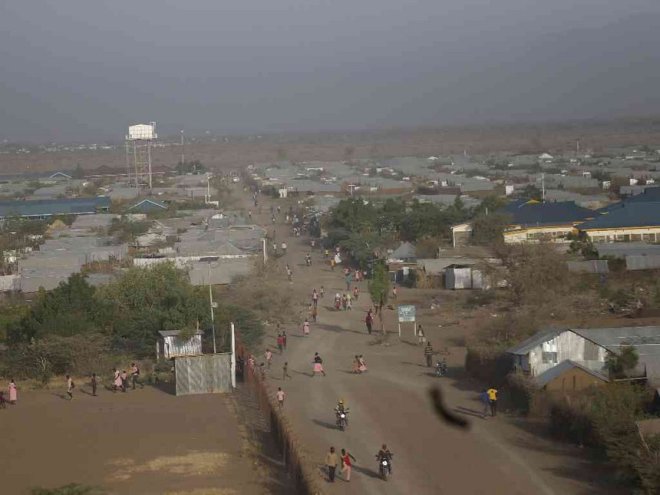
Monday February 5, 2018
Refugee are ready to pay for cleaner energy, a new survey shows.
A study conducted at the Kakuma Refugee Camp shows there is a huge demand for cleaner cooking solutions and modern renewable electrical supplies.
The refugees said cleaner energy will help them take control of their lives.
Currently, basic cooking, lighting and phone-charging needs are costly for refugees. Better alternatives present a business opportunity for providers, the study shows.
In Kakuma I, for instance, more than 33 per cent of residents expressed willingness to pay for high quality renewable energy source.
The study, “Price, Products, Priorities: Meeting Refugee Energy Needs in Burkina Faso and Kenya” was conducted by researchers from the Moving Energy Initiative, a London-based think tank.
“As the number of displaced people in the world increases and as aid budgets come under further pressure, the imperative to identify cost-effective and sustainable solutions for delivering energy to refugees is more pressing than ever before,” Mattia Vianello who authored the study said.
The authors found that more coordinated access to renewable energy could save millions of shillings for thousands of families every year.
The money can help the families kick start economic activities and transform their lives to move away from dependency on handouts.
“There is clear dissatisfaction on the part of refugees, camp administrators and humanitarian workers with the current level of energy provision in the camps, and a corresponding demand for change,” Vianello, said.
Most refugees in Kakuma using basic improved cookstoves that burn wood and charcoal for cooking.
The ‘three-stone fire’ method also remains commonplace. “Three out of five families in Kakuma I reported health problems due to smoke from the cookstoves,” the study says.
According to Nairobi-based not-for-profit energy agency Energy 4 Impact in 2014 alone, traditional forms of energy cost about Sh2In Kenya, the indirect cost is widespread destruction of the environment, especially in Dadaab, where where 98 per cent of households use firewood as the main source of cooking fuel.
“The refugees may be the ones incurring expenses to buy wood and charcoal. But the sources of this energy are Kenyan forests in fragile ecosystems that are being depleted at alarming rates,” said Stephen Okello, an energy expert at the organisation.
“The trail of destruction is immense and it’s like there are no trees left,” said Jechoniah Kitala, the consulting manager at Practical Action – a non-governmental agency.
Moving Energy Initiative, who authored the Kakuma report, is a collaboration between UNHCR, UK foreign aid agency DFID, Practical Action, the Norwegian Refugee Council, Energy 4 Impact and Chatham House.